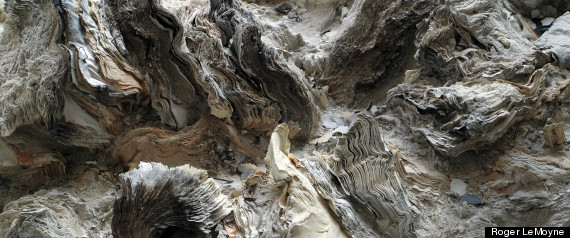 |
| Restos de papel de la Destrucción de la Biblioteca Nacional de Irak |
¿Quieres saber más sobre Historia Clásica y Antigua?
2000 años después y tanto por descubrir...
 |
| Restos de papel de la Destrucción de la Biblioteca Nacional de Irak |
.jpeg) |
| Guía de la exposición del British Museum sobre Pompeya y Herculano |
Ver más detalles sobre la guía de la exposición
Al compartir los resultados de un estudio masivo, de escala mundial, el genetista Svante Pääbo muestra la prueba de ADN de que los primeros humanos se aparearon con neandertales al salir de África. (Sí, muchos de nosotros tenemos ADN neandertal). También muestra cómo el pequeño hueso de un dedo de bebé fue suficiente para identificar una especie humanoide totalmente nueva.
0
comments
![]() Labels:
Genética
Labels:
Genética
The Romans were undoubtedly master engineers. They were experts at civil engineering, building roads, improving sanitation, inventing Roman concrete, and constructing aqueducts that adhere to tolerances impressive even by today's standards. Perhaps the best evidence of their aptitude is the fact that many of those structures still stand today, almost 2000 years later. They even began dabbling in technology vastly ahead of their time. Hero of Alexandria drew up plans for a rudimentary steam engine in his Spiritalia seu Pneumatica. He called it the aeolipile. It didn't work very well. However, by the late 3rd century AD, all essential parts for constructing a steam engine were known to Roman engineers: Hero's steam power, the crank and connecting rod mechanism (in the Hierapolis sawmill), the cylinder and piston (in metal force pumps), non-return valves (in water pumps) and gearing (in water mills). That got me thinking: Could the Romans have built a digital computer using only the technology and manufacturing processes available to them?
Continuar la lectura de Could the Ancient Romans Have Built a Digital Computer?
0
comments
![]() Labels:
Tecnología
Labels:
Tecnología

